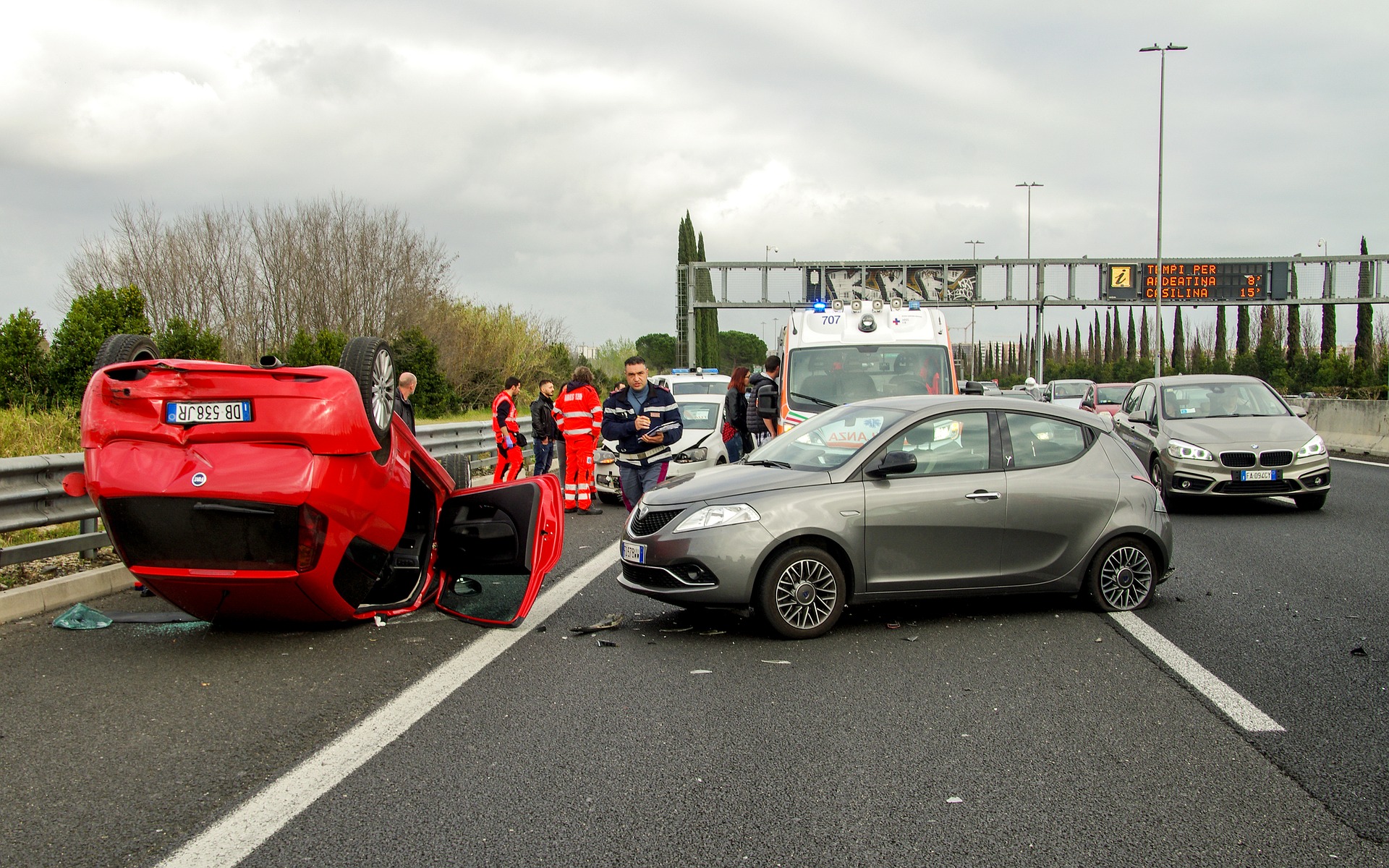Many car accident victims suffer dizziness, also known as vertigo, after the trauma of the wreck. It’s normal to feel lightheaded in the hours after an impact.
However, vertigo can be a sign of a more serious condition that you should not ignore. If you are dizzy after a car accident in Maryland, always seek medical advice as soon as possible.
Dizziness can be a sign of a serious underlying illness such as a traumatic brain injury. It may also be associated with a neck injury. It’s important to find the underlying cause as soon as possible. If you suffer vertigo, make sure to tell your doctor and your Baltimore car accident lawyer. Get tests such as CT scans and MRIs and follow up with specialists.
Symptoms of Dizziness After a Car Accident in Maryland
Dizziness or vertigo is a spinning sensation in the head. People who experience this motion feel like their heads or their surroundings are moving. It may be a brief sensation, but it could last several hours.
Dizziness is a very unpleasant sensation. According to Medical News Today, dizziness is more common in older people. It is also associated with disorders of the ear and post-car crash symptoms.
Symptoms of vertigo you should look out for include:
- Tinnitus (ringing in the ears).
- Headaches;
- Lightheadedness;
- A loss of balance;
- Motion sickness;
Many of these conditions are interrelated. It can be difficult to isolate the causes of dizziness.
Common Reasons for Feeling Dizzy After a Car Crash
Whiplash – Dizziness is reported in 25-50 percent of whiplash cases, a 2006 study found. Whiplash is a neck injury. it is caused by a rapid back-and-forth movement of the neck due to a sudden collision, in particular, a rear-end impact. As well as affecting the soft structures of the neck, a whiplash injury can disrupt the neural pathways that control balance perception, spatial awareness, and coordination. Many people don’t realize a whiplash injury can cause dizziness or headaches.
Shock – the main symptom of shock is low blood pressure. Few people realize shock is often a serious and life-threatening condition. Many car accident victims suffer palpitations, an adrenaline rush, and shock. This can cause dizziness shortly after a car wreck.
Car Accident Vertigo – Many people suffer from car accident vertigo after a car wreck in Maryland. You may feel lightheaded when you suddenly move your head. You may feel the room is spinning or moving even though you are not moving. People who suffer car accident vertigo can feel like they are being pulled in one direction or tilting in one direction. Vertigo can indicate the car accident caused damage to a nerve in your neck. The injury disrupts your balance and coordination.
Traumatic Brain Injury – Up to 65 percent of people who suffer a traumatic brain injury (TBI) in a car, truck or motorcycle wreck report dizziness and poor balance when they stand up. They may feel lightheaded, suffer from poor balance, and experience a feeling of their surroundings moving around them.
Balance problems are often serious and can cause slips and falls, and further injuries. Talk to our Baltimore brain injury lawyer about making a claim for a head injury. Over the week or two it takes to recover from a concussion, patients can experience intermittent bouts of dizziness. More seriously, a TBI to the brainstem and cerebellum – the parts of the brain that control movement – can make it challenging for a car accident victim to maintain balance.
Medications – Many medications cause dizziness, lightheadedness, and balance problems. Medications to treat blood pressure issues, antibiotics, painkillers, heart medications, tranquilizers, and anti-seizure medications can cause dizziness. If you believe your dizziness was caused or exacerbated by medications given post-accident, talk to your doctor. Alternative medications can improve your symptoms.
Drops in Blood Pressure – A range of car accident injuries can lead to drops in your blood pressure. This may cause dizziness, vertigo or lightheadedness. You may experience this when you get up quickly from a bed or chair.
Inner Ear Problems – the inner ear is important for balance. It contains numerous minute organs called the vestibular system/labyrinth that control balance. The inner ear contains tiny structures that monitor the linear movements of your head. If the vestibular system in the ear sustains damage from a head injury, the victim can suffer balance problems, dizziness, or an unexpected spinning sensation.
What to Do if You Are Dizzy or Have Vertigo After a Car Crash in MD
If you feel vertigo or dizziness after a Maryland car accident, seek medical help immediately. Even people who don’t sustain a direct blow to the head during a car crash can suffer a traumatic brain injury if their brains are rocked backward and forward in their skulls.
They can suffer vertigo. Alternatively, your dizziness can be a byproduct of a whiplash injury. The dizziness could also be caused by an ear injury or medication.
It’s important to undergo tests to find out the cause of your dizziness, particularly if symptoms persist.
Talk to our Baltimore car wreck lawyer about your dizziness. Vertigo is very debilitating. It can ruin your quality of life and make it difficult or even dangerous to work or drive. Some people who suffer vertigo become prisoners in their own homes. Dizziness should be reflected in your claim made against the insurance company of the driver who hit you under pain and suffering damages.
Talk to Baltimore Car Accident Lawyer Randolph Rice About Your Injury Claim
Dizziness after a car wreck is often transitory. However, it can signify a more serious underlying injury. It can be a telltale sign that your Maryland car accident injuries were more serious than you initially realized.
It’s important to detail all of your symptoms to your Baltimore personal injury lawyer as well as your doctor. Talk to Rice, Murtha & Psoras today for a free and confidential consultation at (410) 694-7291.
